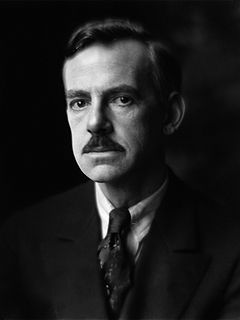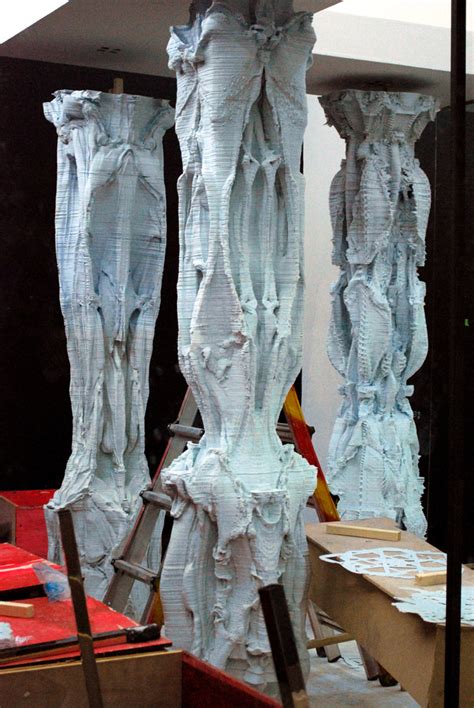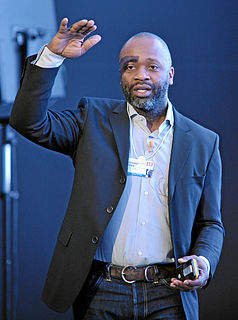A Quote by Eugene O'Neill
Dogs...do not ruin their sleep worrying about how to keep the objects they have, and to obtain the objects they have not. There is nothing of value they have to bequeath except their love and their faith.
Related Quotes
My pictures are devoid of objects; like objects, they are themselves objects. This means that they are devoid of content, significance or meaning, like objects or trees, animals, people or days, all of which are there without a reason, without a function and without a purpose. This is the quality that counts. Even so, there are good and bad pictures.
It is clear that everybody interested in science must be interested in world 3 objects. A physical scientist, to start with, may be interested mainly in world 1 objects--say crystals and X-rays. But very soon he must realize how much depends on our interpretation of the facts, that is, on our theories, and so on world 3 objects. Similarly, a historian of science, or a philosopher interested in science must be largely a student of world 3 objects.



































